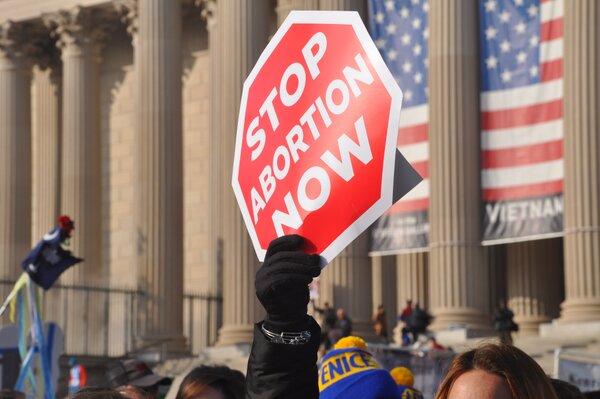Der Bundesrat hat diesen Sommer die Botschaft zur internationalen Zusammenarbeit 2025-2028 in die Vernehmlassung geschickt. Das Netzwerk Medicus Mundi Schweiz (MMS) hat mit einiger Spannung auf das Dokument gewartet. Während dreier Jahre hat es darauf hingewirkt, dass Gesundheit in der Botschaft einen höheren Stellenwert erhält. Und siehe da: Der Bundesrat möchte für die kommende Strategiephase Gesundheit als einen der thematischen Schwerpunkte priorisieren.
Starkes Zeichen aus dem Parlament
Hilfreich für diesen Erfolg war die breit abgestützte parlamentarische Motion der Mitte-Nationalrätin Elisabeth Schneider-Schneiter, welche nur von der SVP bekämpft worden ist. Die 2022 eingereichte Motion wirkte bereits lange vor ihrer formellen Behandlung im Parlament und könnte jetzt, nachdem der Bundesrat mit seinem Strategientwurf darauf reagiert hat, nur noch eine Randnotiz sein. Doch die Deutlichkeit mit der der Nationalrat diesen März (136 Ja-Stimmen zu 53 Nein-Stimmen) und vergangene Woche der Ständerat oppositionslos die Motion überwiesen haben, ist ein starkes Zeichen, das weiter wirken wird. Es entspricht einem breiten politischen Willen, die in der Schweiz vorhandene Kompetenz in der internationalen Gesundheitszusammenarbeit und globalen Gesundheit langfristig für starke Systeme für Gesundheit strategisch kohärent einzusetzen.
Strategische Einbettung von Gesundheit
Und genau auf dieser strategischen Ebene sieht MMS denn auch das Potential, wie es in seiner Vernehmlassungsantwort zur IZA-Botschaft schreibt: «In der jetzigen Formulierung ist Gesundheit stark auf Krisensituationen fokussiert. Stattdessen sollte der Schwerpunkt mehr auf die Bedeutung des Rechts auf Gesundheit, das den Zugang aller zur Gesundheitsversorgung sicherstellt (Universal Health Coverage), ausgerichtet werden. Damit könnte die Stärkung der Gesundheitssysteme transversal zu anderen Bereichen (Bildung, soziale Sicherungssysteme, Kampf gegen den Klimawandel) eingebettet werden, welche für die Armutsbekämpfung zentral sind.»
MMS ist recht optimistisch, was die Weiterentwicklung und die Umsetzung des neuen thematischen Schwerpunktes in den kommenden Jahren anbelangt. Pessimistischer sind wir, wenn wir die finanziellen Mittel anschauen, welche für die internationale Zusammenarbeit der Schweiz in den Jahren 2025-2028 vorgesehen sind. In dem der Bundesrat 1.5 Milliarden Schweizer Franken für die wichtige Unterstützung der Ukraine aus dem IZA-Budget nehmen möchte, reduziert er faktisch die Mittel für den globalen Süden. Möchte die Schweiz international glaubhaft bleiben, dann baut sie die Mittel für die internationale Zusammenarbeit aus. Sie muss hier mittelfristig 0.7% der Bruttonationalproduktes vorsehen. Gleichzeitig sieht sie eine ausserordentliche Finanzierung für Ukraine-Hilfe vor.
Martin Leschhorn Strebel
Netzwerk Medicus Mundi Schweiz
E-Mail

































